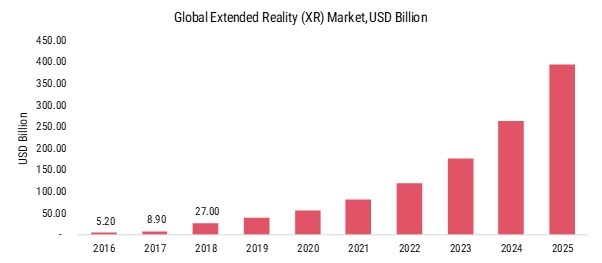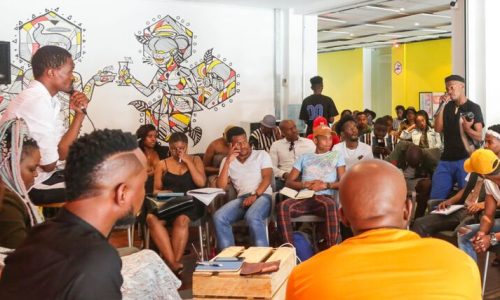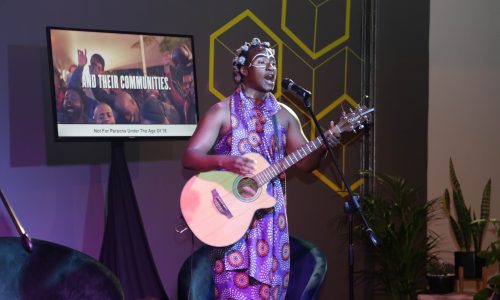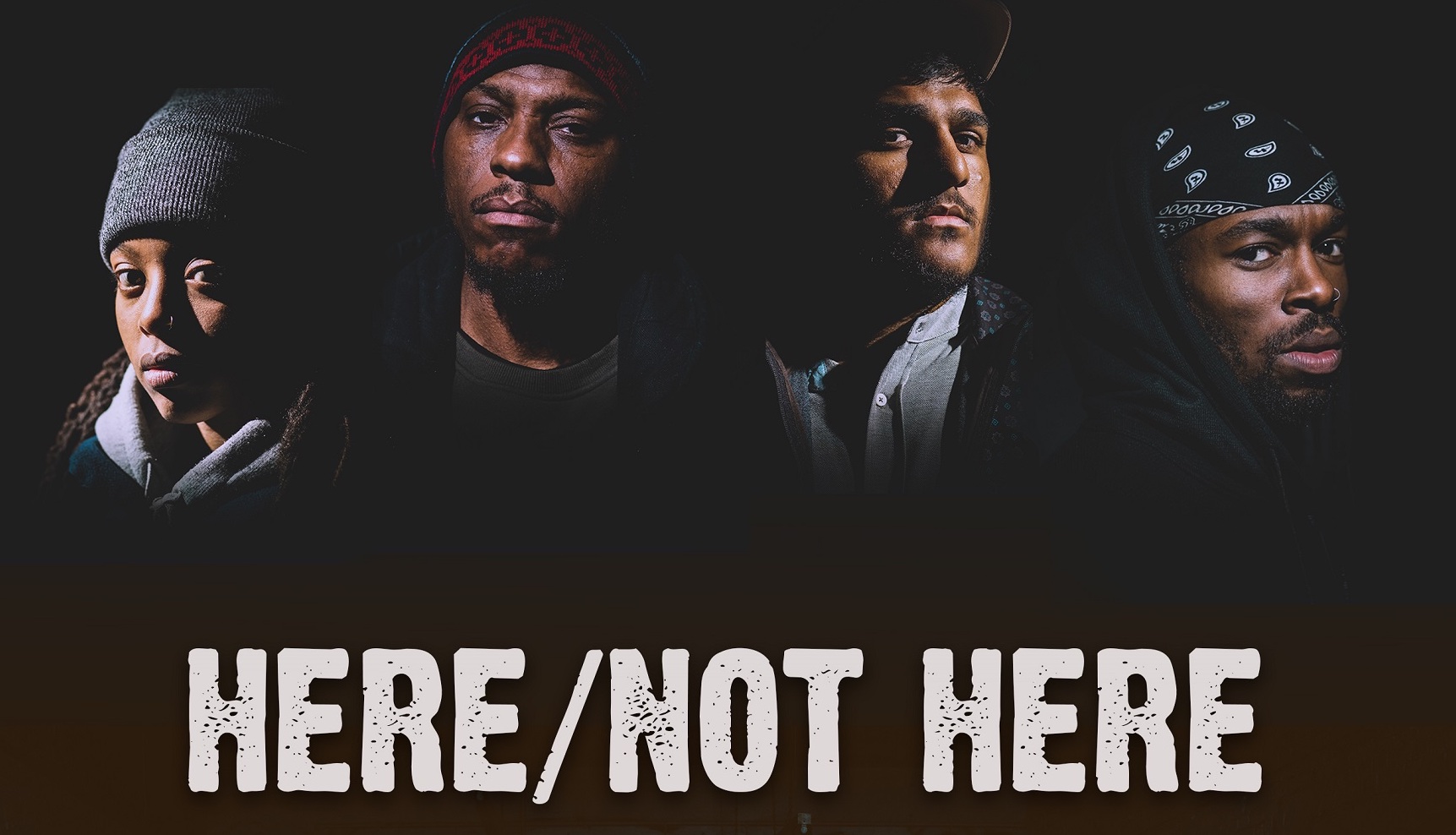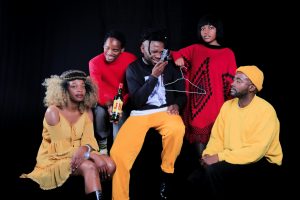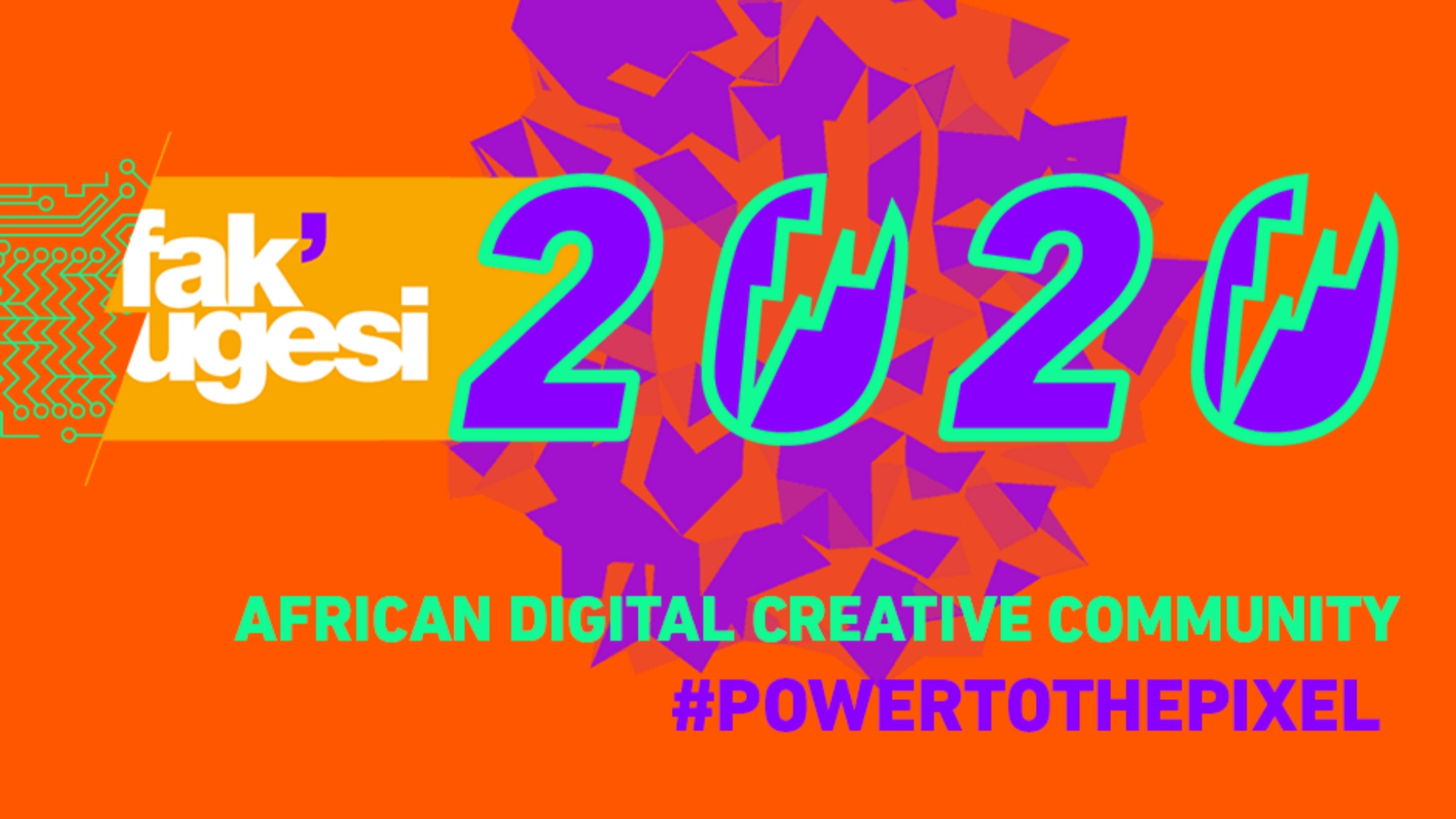
Digital Creation in Africa and Worldwide
A Fak’ugesi Festival Feature
Dubbed a virtual celebration of African Digital Creativity, the 2020 Fak’ugesi Festival ran from 20 October – 20 November.
With over 40 workshops, exhibitions and networking events to choose from, we zeroed-in on one panel that engaged key players within the digital creation community and explored how this community changed in 2020.
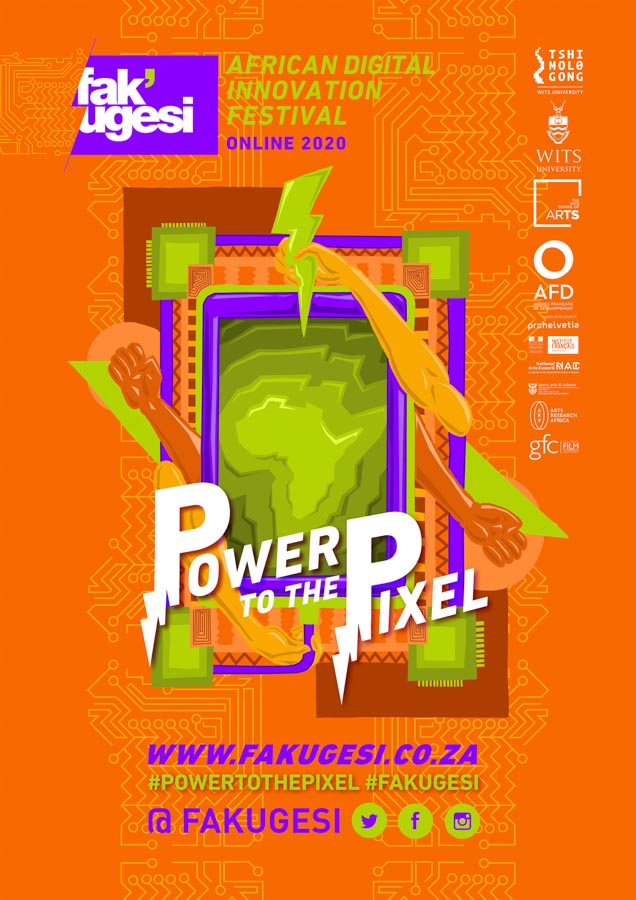
The Panel
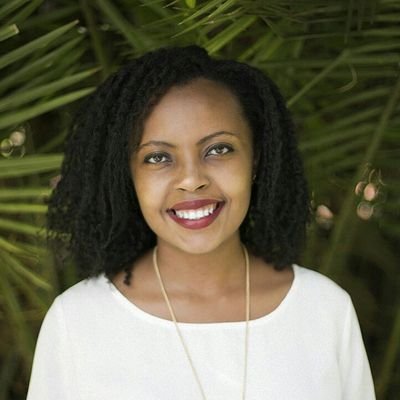
Chaired by Wakiuru Njuguna (Partner & Investment Manager at HEVA Fund, Kenya), the panel featured 4 key members of the cultural and creative industries. Most from Africa, some of them based and operating around the world.
The HEVA Fund has supported African creative projects in a variety of sectors including: fashion, digital content production, gaming, live music, events and even home decor.

Music
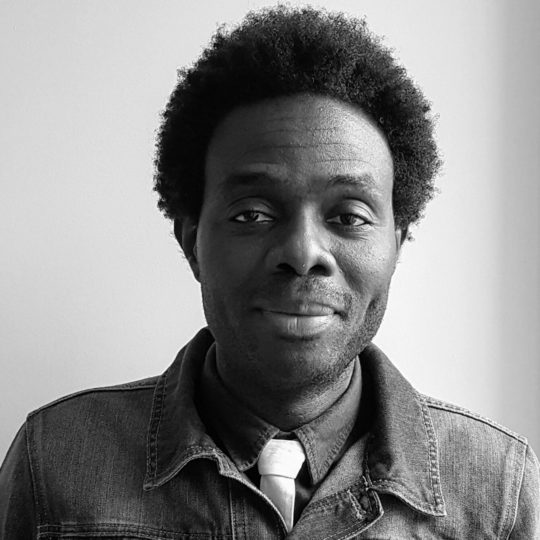
After starting his career as a musician, Akotchaye Okio has worked as a festival and TV show promoter, magazine editor, cultural entrepreneur and served on the board of the National Artistic Ensemble of Benin.
Now based in Paris, Okio serves as the International Development Officer for Africa at SACEM [Society of Authors, Composers and Publishers of Music].
With a rising global demand for African music, the digital (music) sector made significant progress and showed major growth potential throughout 2020.
Not only has the continent established some notable artists within digital music genres around the world, Akotchaye also notes that digital royalties for the continent had already reached 12 million Euros in the previous year [2019].
With a locked-down events industry forcing players to find new ways of making money digitally, SACEM’s main job has been ensuring that artists and creators get paid from every production, be it an intimate “bedroom concert” or a major livestream.
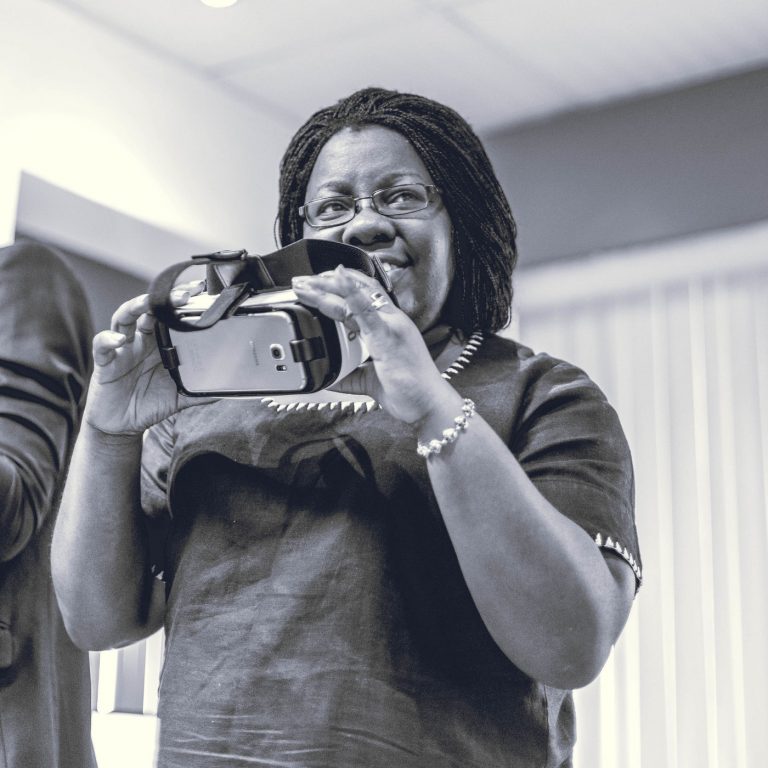
With such a diverse range of projects and achievements, it’s difficult to summarize who Judith Okonkwo is (read here). Okonkwo joined our Fak’ugesi panel as founder of Imisi 3D, a Lagos-based creation lab that aims to develop the ecosystem for XR technology in Africa.
“This is not science fiction…”
Extended Reality is an umbrella term that encompasses Virtual Reality [VR], Augmented Reality [AR] and Mixed Reality [MR] technologies (read a detailed explanation in this article).
As an organization, Imisi 3D aims to:
- Demystify XR technologies and educate Africans in using & developing them.
- Help create access to XR technologies throughout the continent.
- Get XR technologies to be used by skilled professionals.
- Collaborate and form relationships with other XR developers, professionals, bodies and organizations around Africa.
With a few sources projecting the value of the global XR market at 300 Billion US Dollars by 2025, there are high expectations for growth in the sector. Not only that, but there are still a lot of opportunities for new contributors to create solutions that have never existed before.
Challenges
Particularly in countries where data costs, underdeveloped infrastructure and general access (to everything) is an issue, 2020 has been a difficult year for Imisi 3D and similar digital tech service providers. While going online did break down location barriers and increase digital audiences, lockdown laws made it impossible for Imisi to operate their physical labs, host community outreach programmes and their annual hackathon.
Despite this, the company has developed some COVID-friendly initiatives and experimented with sending (mobile) equipment & resources to partners and members in the hopes that they can continue operating remotely.
Animation

Made in Morocco, Mounia Aram is an animation industry veteran with over 17 years’ experience. After studying in Paris, she joined an anime studio based in San Francisco where she spent most of her career. Today she serves as the Head of Content Acquisitions and Distribution at the African Animation Network, as well as the President of her own Mounia Aram Company (MAC).
Aram formed her company after noticing a lack of African contributions within the global animation sector. Despite the continent’s strong history with storytelling and unique characters, African narratives have been largely unrepresented throughout the “animations” consumed inside and outside the continent.
Challenges
A lack of facilities has always meant that some parts of animated productions cannot be completed in Africa, this greatly affected project timelines, especially when travel restrictions came into effect. The halting of industry events also made networking difficult, such events are crucial for meeting potential partners and finding new projects.
Despite such challenges, movements like #BlackLivesMatter and a global shift towards Afrocentricity have greatly increased demand for African content, even in the animation sector. With several projects already getting back underway, Aram is looking forward to a creative boom for (African) animation in the future.
Gaming

Adrien Larouzée is a video games production manager and digital publisher at ARTE, a cultural TV network operating in Germany and France.
Arte began as a traditional TV channel and made the leap to video game production after they experimented with “interactive experiences”.
These efforts are similar to those of many TV networks around the world, who’ve been finding new ways to engage younger audiences who are not interested in TV.
On gaming, Larouzée says their industry fared pretty well. Remote-working working had been an option to his team for a while. The only challenges he highlighted were the delays in getting productions approved by various gaming platforms, so if a Nintendo etc. couldn’t sign-off on time, this ultimately meant delays for the entire process.
“People are working from home. Everything is slower.”
While those delays were mostly in the latter stages of production, Larouzée laments the lack of human interaction, especially with showcases and networking events. Lockdown rules also made it difficult to host physical focus groups, which are an important part of studying players’ reactions to the games.
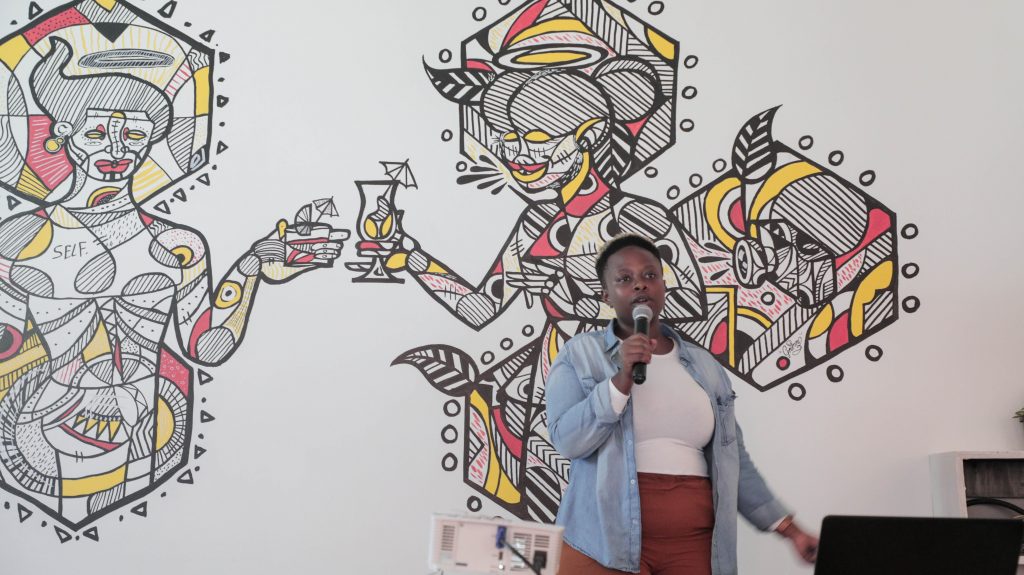
The Future of Digital Creation
With a rising demand for digital products, market opportunities are likely to increase, with competition in these markets promising to get tougher. The ironic situation is summed up in Akotchaye’s observation about the music industry:
“Many creatives and artists will leave their careers because they can’t do live events, on the other hand, global digital royalties are expected to reach record levels in this year and the year after.”
In Africa’s case, Okio points to the success of singles like ‘Jerusalema’, as well as the world’s growing interest in local genres like Afrobeats, Amapiano, Gqom etc.
In anticipation, SACEM has developed their own data-tracking platform (with IBM) which will be tailored to suit whatever artists are currently doing to stay in business.
****
For Adrien, despite being skeptical about online conferences and networking events, he applauds the increased access for people who couldn’t afford to attend these industry events before. In fact, the conferences and their travel packages had always been notoriously expensive before lockdown.
“Now that I’ve seen that it can happen online, I can’t imagine paying so much to travel to and attend events.”
***
Lastly, in a world that’s constantly debating the true meaning of Africaness or what constitutes African content, Judith believes Extended Reality (XR) content will emerge as the solution to these problems.
By immersing people in real environments and experiences, there can be no confusion about whether these stories are authentically African or not.
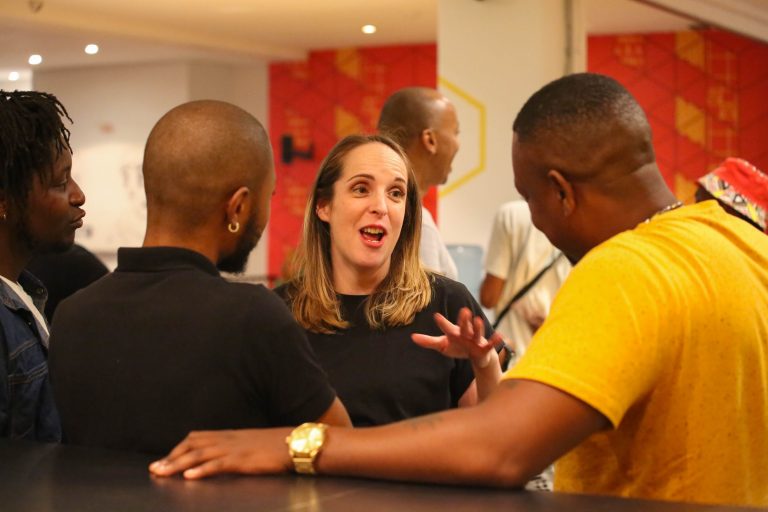
With so many events, it’s difficult to share the full Fak’ugesi 2020 Festival experience in a single article. You should definitely visit their website and search through the content under their campaign #PowerToThePixel for more.
For now, Ciao.
Written by: Lungelo Hlela (I am Multeemedia) // Images from various sources
– – – – –
Lungelo Samkelo Hlela has won (Loerie, Bookmark & Creative Circle) awards for his work as a digital copywriter. With “nothing to share”; he has been a contributing writer on our blog since 2018
